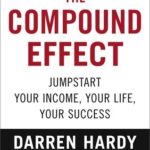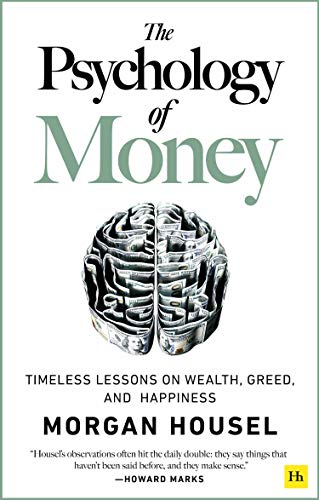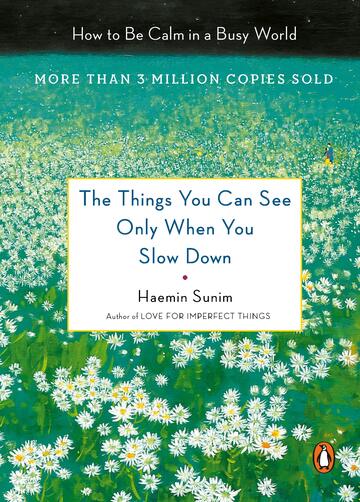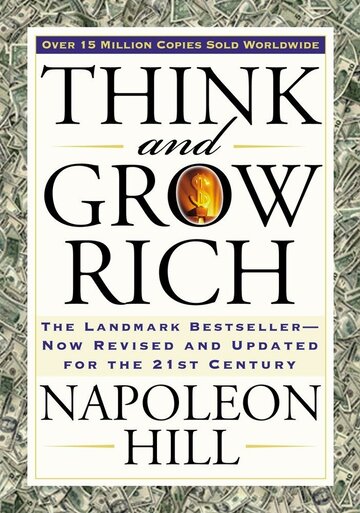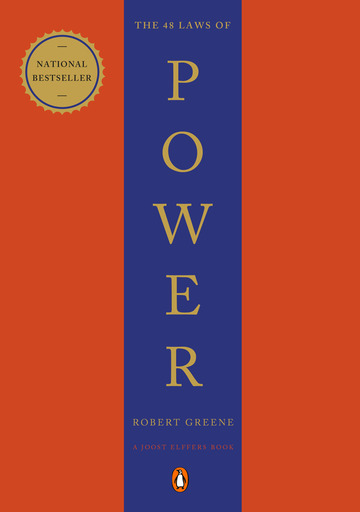The Psychology of Money by Morgan Housel
Genre: Finance | Psychology
Length: 252 pages
Publish Date: First published January 1, 2020
Have you ever dreamt of being a billionaire but struggling to meet your monthly expenses or to save for the future?
Whether you’re rich or not, money management is a crucial commitment for everyone. Let’s assume a situation where Kim & Auro are two individuals. Kim graduated from Oxford and was hired by a well known corporation as an executive. Within a few years, he owned a mansion with a swimming pool and personal gym facilities and started living a lavish lifestyle. On the contrary, Auro was an ordinary library assistant and got a part-time job as a sales representative. He lived a very ordinary lifestyle with an optimum spending.
Who do you think will become a millionaire after a couple of decades?
In a simple sense, you can assume that Kim will be the millionaire individual but no, it’s Auro. Did he win the lottery? Nope, actually Auro lived his entire life frugally while quietly investing his extra income in the stock market and holding his positions for decades.
The entire situation of Kim & Auro represents that you don’t need any higher degree or economical knowledge to become a millionaire and most importantly you don’t need to earn a massive paycheck. All you need is to know the management of your money and to assume the psychology of money. To explore your relationship with money and your thinking towards finances, the book by Morgan Housel, “The Psychology of Money” can assist you enormously where the author believes exactly where the secret to getting rich is, in the psychology of money.
“The Psychology of Money” addresses how money circulates in an economy, how emotional factors & personal biases influence our financial decisions and how to think more objectively & make better financial decisions.
Takeaways #1 – No One is Crazy
Everybody perceives money by means of the perspective of their own experiences. Everybody’s perception of the world is different. Furthermore, a distinct combination of circumstances, outside influences, and values shape this viewpoint. By way of example, a person born in the 1950s would have witnessed a stagnant stock market in the 1920s. However, for someone born in the 1970s the S&P 500 increased by 1000% during their teens and twenties .
Which generation, then, is more inclined to be optimistic about the stock market?
It seems that the stock market developed in a different world has had an impact the way individuals see it.
That also holds true for you. You are an individual, not a spreadsheet. You’re a spiritual mess of a new person. You live in your own reality. Furthermore, it’s merely individualistic; it’s neither right nor bad. Thus, constantly keep in mind that, most especially when someone is offering you financial advice.
Takeaways #2 – Be Reasonable, not Rational
Aim to be reasonable rather than frigid and unreasonable. You may have heard that being logical is a must for success in investing. The author points out that rationality involves emotionlessness and that you should sell a stock while it is declining rather than holding onto it and profiting from it over time.
For instance, fifty-year-old Rakel purchased Apple stock in 2007 for roughly $6 per share; a year later, the stock was valued at $3.70. Furthermore, Rakel almost certainly would have sold it if he were totally reasonable. Things hadn’t been good considering the economy had collapsed. Rakel, on the other hand, was a very sensible investor who saw Apple’s value and thought it might recover. He made the decision to hold out till the right moment. Being a little reasonable instead of being just rational will make your investment journey all more pleasant and give you an extra edge.
Takeaways #3 – Never Enough
Without seeming enough, life isn’t enjoyable. There is a common belief that focusing on increasing income can alleviate financial worries. Although this strategy may be effective for certain individuals, it begs the issue of when such efforts will be sufficient.
Let’s assume Mike is a young man with no real possessions.
Mike doesn’t seem all that happy anyway. His desire for a large house and a fancy automobile emerges from his belief that this is where pleasure awaits him. Would it though?
Life is not that easy, as we are all acutely aware. Mike will desire a better, quicker and second automobile as soon as he obtains the first one. It’s human nature for Mike to want a plane and a helicopter if he receives all of them. Some people are unbelievably wealthy and would do anything to increase their wealth. Social comparison is a futile game, so don’t sacrifice what you do for something you don’t need. After you’ve measured what is truly enough for you and your loved ones, put your attention on experiencing a good time.
Takeaways #4 – Getting Wealthy vs. Staying Wealthy
Obtaining and retaining wealth are two very distinct things that call for two quite different approaches and ways of thinking. Taking chances, having optimism, and putting oneself out there are all necessary to make money. The key to remaining well off is survival.
To have the survival mindset, these three things can be done:
Aim to be Financially Unbreakable
Your emotions will be tickled by the stock market; that’s just the nature of the game. Maintaining consistency and composure is the most dependable strategy to gain money. This would enable you to benefit from a company’s magic, which is only effective when left unhindered.
Leave Room for Error
Only a strategy that can withstand reality can be considered useful, and everyone must prepare for an uncertain future. As a result, include a margin of safety in your financial goals. Make a minimum budget of $550 if your monthly costs amount to $500.
Be Optimistic
Be optimistic about the future, but paranoid about the obstacles to your success. The author contends that optimum worldview is in something he refers to as “sensible optimism,” where optimism gives you the confidence to handle any challenges you face while paranoia keeps you modest enough to expect difficulties.
Takeaways #5 – Tails, you win
You are still able to accumulate wealth even if you are half right. Heinz Berggruen was a very significant German art trader of the 20th century, yet I doubt you’ve ever heard of him. His collection of artwork, particularly the way he consistently acquired the perfect items at the right prices, amazed everybody. Actually, only a small portion of his collection was valued due to a great deal of artworks he purchased. Most of the time he was deceived but he was ultimately correct.
Even Warren Buffet, who throughout his lifetime held between 400 and 500 stocks, made most of his money on only 10 of them. The entire scenario illustrates how you can be financially successful even if you are mistaken at least half the time. Addressing your all-or-nothing mindset will therefore improve your emotional and financial well-being.
Takeaways #6 – Save Money
Let’s recap Arro’s narrative from the blog’s opening, where he demonstrated that increasing your savings rate has a greater impact on your ability to accumulate wealth than your income from investment returns. Morgan says that after you reach a certain financial level, all you really need is what’s beneath your ego.
Instead of attempting to keep up with the Kardashians, the Joneses, or even simply your next-door neighbour, aim to increase your savings rate. It matters more how much you save than how much you earn.
Takeaways #7 – You will Change
Recognise that individuals change, which makes long-term planning challenging. Considering being aware that humans are incredibly bad at projecting the future, we continue to believe that we can control every aspect of life. Give yourself the chance to live one of your best lives now, rather than worrying about how you will spend it in thirty years. Nobody is able to forecast what will occur in 30 minutes, an hour, a day, or even 30 years in advance.
Therefore, instead of hindering happiness until retirement or for fifty years from now, concentrate on living life to the fullest right now. It’s impossible to predict what will occur in three decades since you, your thoughts, and your aspirations will all change over time. Now accept that and go out of your life. You’re undoubtedly quite inspired and fired up right now, but let’s discuss implementation instead of motivation since that won’t pay your bills.
How can you practically implement all of this knowledge so that you can truly see results?




